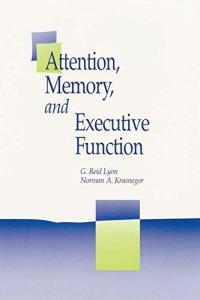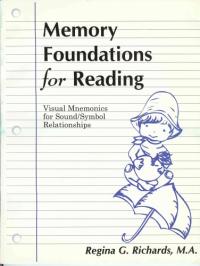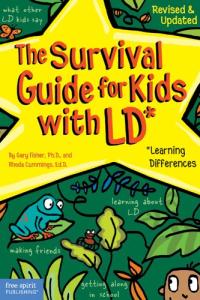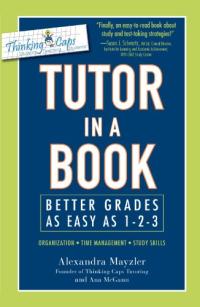
Attention, Memory, and Executive Function
This book reveals how the authors’ findings from their research in psychology, neuropsychology, special education, and medicine can help clinicians assess and remediate reading and attention disorders. Valuable directions for future research are also offered.








